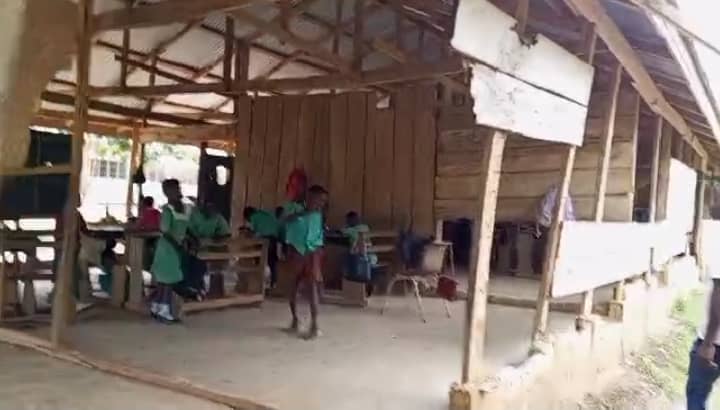
By Peter Justice GARIBA
In recent years, our society has witnessed a concerning decline in traditional cultural values, particularly in how they relate to the upbringing and moral guidance of young people.
This erosion has contributed to a troubling trend in our tertiary institutions, where some female students are resorting to survival strategies that compromise their dignity, safety, and academic performance.
Economic hardship, high accommodation costs, inadequate parental involvement, and societal pressure have left many students vulnerable. Some female students are reportedly engaging in transactional relationships or cohabiting with boyfriends on campus in arrangements akin to marriage.
These situations often lead to emotional distress, distraction from academic goals, and, in some cases, exposure to gender-based violence or mental health challenges. Alarmingly, some of these students continue to reside on campus even after being dismissed from school, sometimes without the knowledge or neglect of their parents.
This growing problem signals a deeper failure—not just on the part of the individuals involved, but also within the family structure, government oversight, and societal support systems. Parents have a fundamental role in guiding, supporting, and staying involved in the lives of their children, particularly during the critical transition into adulthood. Unfortunately, many have abdicated this responsibility, leaving young people to navigate complex emotional and financial challenges on their own.
The government and society at large also bear responsibility. The lack of affordable, safe accommodation near campuses and the absence of structured mentorship or psychological support services are gaps that urgently need to be filled. If left unchecked, this crisis will continue to erode the moral and academic fabric of our universities.
Recommendations:
To address this issue, a multi-stakeholder approach is essential. I recommend the following:
Campus-based Psychological Clinics: Institutions should provide accessible mental health services, including clinical psychologists who are trained to support students through emotional and psychological difficulties.
Female Advocacy and Mentorship Programs: Establish female empowerment groups, mentorship schemes, and peer counseling networks to provide moral support, career guidance, and education on healthy relationships and personal boundaries.
Parental Engagement Campaigns: Schools and communities must re-engage parents through awareness programs that emphasize the importance of their role, even at the tertiary level.
Government Regulation of Student Housing: Rent control measures and housing subsidies for students can help ease the financial burden and reduce the vulnerability of students to exploitative living situations.
This is a call to action—for parents to reclaim their responsibilities, for government and school authorities to step up their protective roles, and for society to restore the values that once shaped our youth into resilient and responsible adults. Only through collective action can we safeguard the future of our female students and the integrity of our educational institutions.
The post The girl child appeared first on The Business & Financial Times.
Read Full Story











Facebook
Twitter
Pinterest
Instagram
Google+
YouTube
LinkedIn
RSS